Stories from around the Network
“The current election in the U.S. is one of the most critical elections for the future of women’s rights, sexual and reproductive rights, and the right to safe and legal abortion,” says Dr. Jean-Claude Mulunda, Director of Ipas Democratic Republic of Congo. “The toughening of laws that began with the Dobbs decision set a detrimental direction; and this election will decide the fate of women in the U.S. and worldwide.”
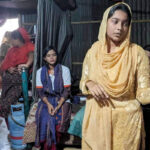
Abida Sultana is confident that her studies in English and Literature gives her a unique perspective when exploring the stories about sexual and reproductive health and rights in different cultural contexts.
Despite advancements in safe abortion care around the world, the playing field is far from level. Some people have easy access to quality care, while others face significant barriers.
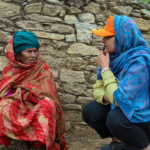
Amidst the majestic peaks of the Himalayas, Nepal faces a dual reality: breathtaking landscapes and formidable environmental challenges. Research by Ipas Nepal shows that beyond the snow-capped summits and lush valleys lies a quieter battle—one that adversely affects women’s health and rights.

There has been considerable progress in gender equality in Indonesia, yet significant challenges remain that impede women from reaching their full potential. The situation is complex, shaped by numerous factors, including culture and religion.

Ipas Ethiopia is a regional leader in connecting women and girls with reproductive health care.
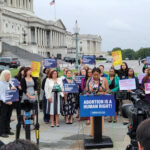
A resolution condemning the criminalization of abortion in the United States and urging governments at all levels—federal, state and local—to uphold abortion as a human right was introduced in the U.S. House of Representatives on September 24 with tremendous support—96 original co-sponsors.
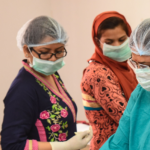

One of our latest projects helps young people make informed decisions about contraception and focuses on couples in the states of Madhya Pradesh and Rajasthan who have either no children or one child.
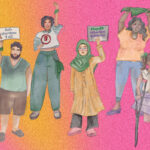
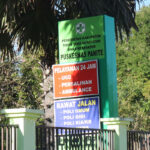
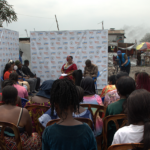
Poverty, prostitution, insecurity, and precarious living conditions are the hallmarks of the Pakadjuma neighborhood in Kinshasa. The insecurity in this neighborhood is compounded by extreme poverty, pushing many women to engage in survival activities, often at the expense of their health.
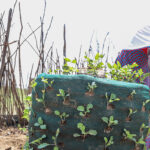
As climate change intensifies, its impact on sexual and reproductive health and rights (SRHR), is becoming increasingly concerning. However, there has been limited research on how this crisis specifically affects SRHR services and the health of vulnerable communities.



Ever since she was in college, Nisa Anisa, Ipas Indonesia’s climate change specialist, has been passionate about women’s issues.
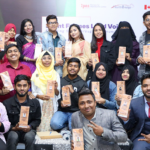

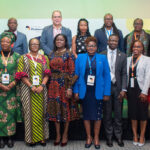
Marking the 21st anniversary of the landmark Maputo Protocol, which guarantees extensive rights to African women and girls, Ipas hosted a two-day regional conference in Mozambique devoted to exploring the challenges and successes of implementing this fundamental treaty for gender equity.


